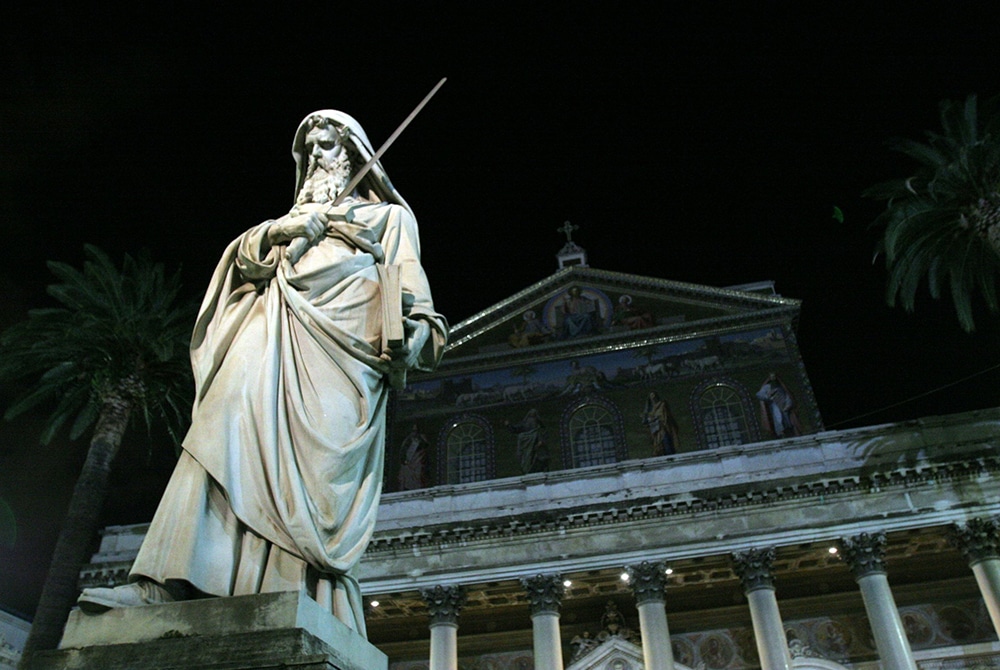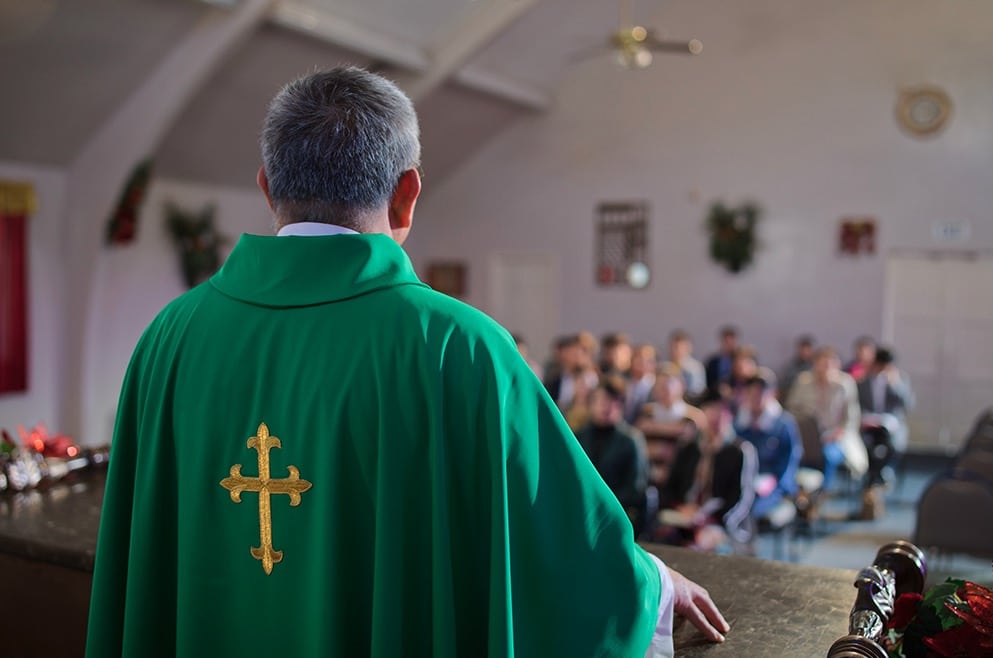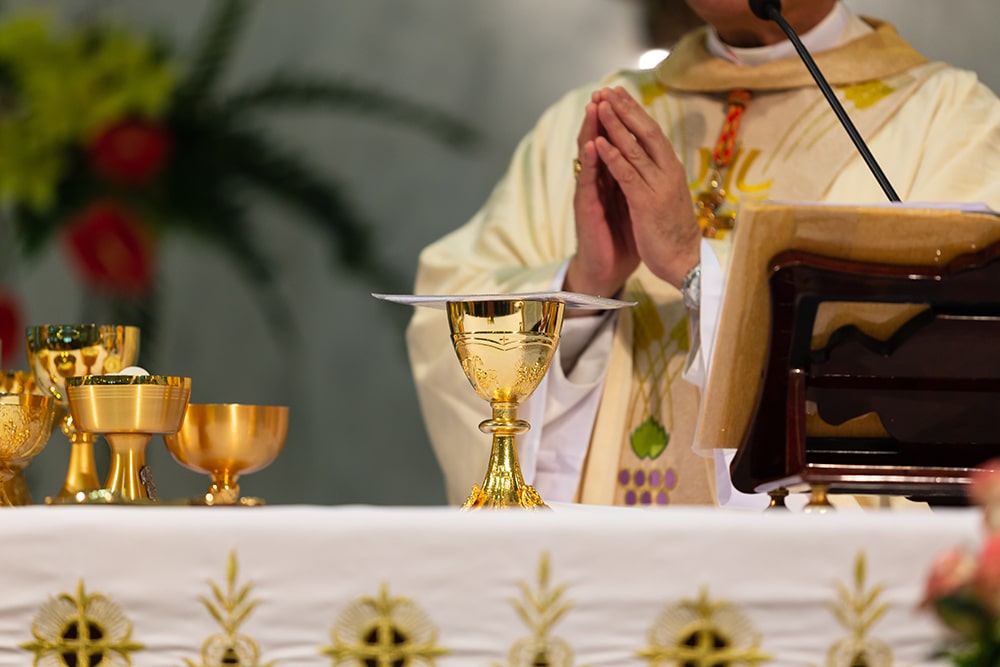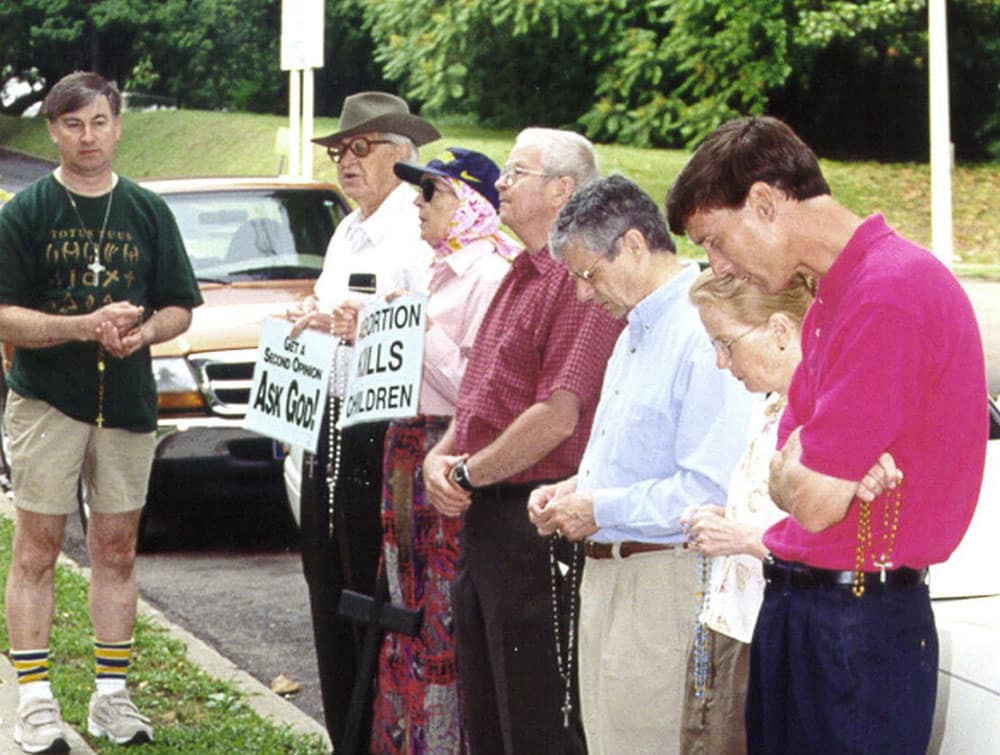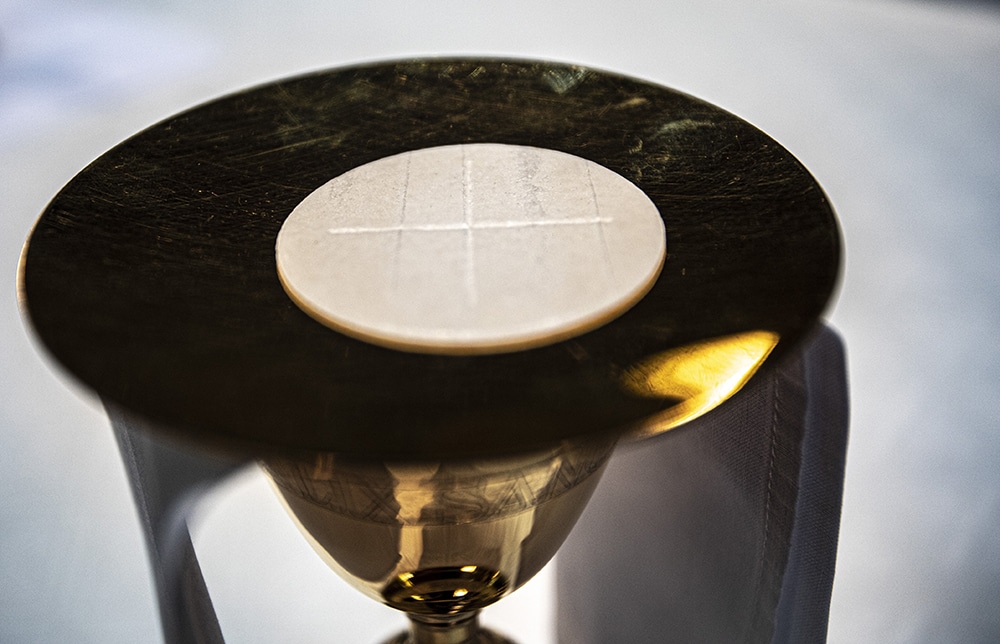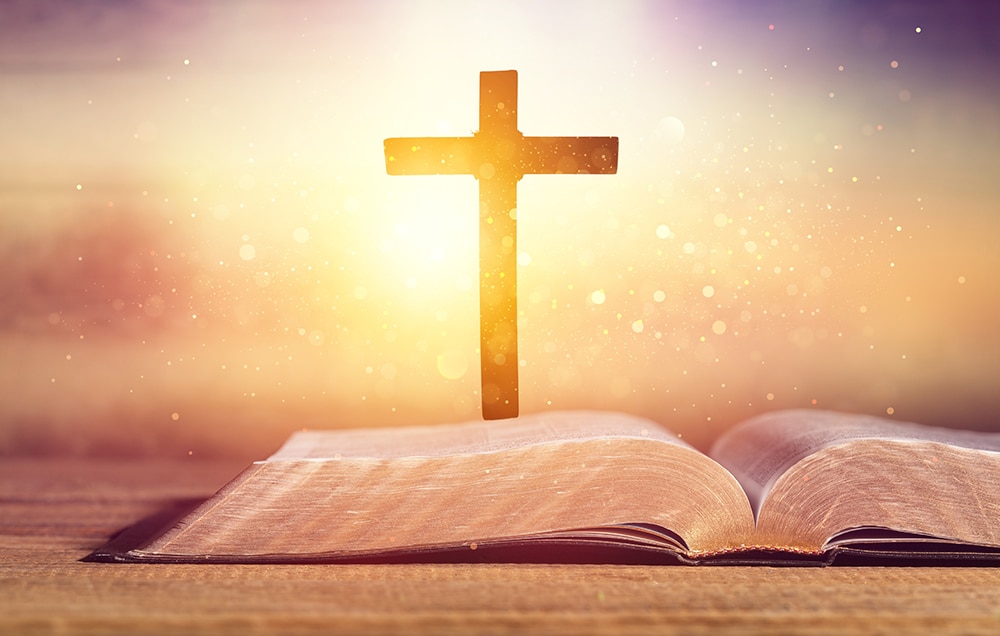 Paul is not an ordinary apostle. A one-time persecutor of Christians, he becomes an evangelist, preacher and teacher through an encounter with the resurrected Lord.
Paul is not an ordinary apostle. A one-time persecutor of Christians, he becomes an evangelist, preacher and teacher through an encounter with the resurrected Lord.
Despite the extraordinary quality to St. Paul — the revelations he received from Our Lord that changed his life — he cannot escape the human condition. In his second letter to the Corinthians, Paul speaks of the thorn in his side.
He never mentions what it is. Although scholars of sacred Scripture speculate, the precise nature of this thorn is unknowable.
We can know that this thorn in his side caused suffering for St. Paul. He begged the Lord for this thorn to be taken away, to be relieved of this suffering.
| July 4 – Fourteenth Sunday in Ordinary Time |
|---|
|
Ez 2:2-5
Ps 123:1-2, 2, 3-4
2 Cor 12:7-10
Mk 6:1-6
|
And he was given an answer: “My grace is sufficient for you, for power is made perfect in weakness” (2 Cor 12:9).
The popularity of this verse — especially on Instagram feeds against a beautiful background — belies both its sacramental and prophetic character. Paul is not expressing a general universal truth of the human condition. Don’t worry about weakness, because there you will find your greatest strengths.
No! Power is made perfect in weakness because we Christians are initiated into the dynamic power of Jesus Christ. The one who became weak for the strong. The one who was God but became man. The one who emptied himself in love.
In the Gospel of Mark, despite the extraordinary power of Christ’s miracles and healings, we nonetheless see his weakness on display. The son of God comes to his hometown of Nazareth. He preaches and teaches.
The response is incredulous. Who is this guy? Do we know his mother and his other relatives? Who is he to preach the advent of the kingdom of God? Isn’t he just the kid down the street?
Jesus does not respond to this rejection with force. He does not violently impose belief. He takes up the weakness of the human heart, the possibility of rejection, and he goes on his way.
Here, Christ reveals the power that Paul is speaking about. Christ’s power is his self-emptying love, the refusal to participate in schemes ordered toward force. His is not a stoic resignation in the face of the impossible.
Jesus’ weakness is his strength, an offering of divine love that allows men and women to decide for themselves. Will I follow him? Will I stop participating in the regime of violence, force, hatred, and supposed strength governing the world? Instead, will I love? Like the strongest one who became weak for the sake of the weak? For you and for me?
The Church in many areas of the country no longer possesses the political power it once had. The importance of the Church in political life in cities like Boston, New York, Chicago and Los Angeles is fading away.
This is not the end of the world. After all, the kind of power that bishops once possessed on the East Coast and in certain Midwestern cities was never intrinsic to the Church in the first place.
If the Church wants to be powerful, then it will become weak. She will imitate the weakness of Christ, who emptied himself in love. The members of Christ’s body will become faithful witnesses of love unto the end.
Not everyone will accept the teaching of the Church. Not even everyone in the Church will accept the Church’s teaching!
But that is part of the weakness that Christ took up, the weakness Christ came to redeem.
A gift, I suppose, that we can share in such powerful weakness.
Timothy P. O’Malley, Ph.D., is the director of education at the McGrath Institute for Church Life at the University of Notre Dame.

